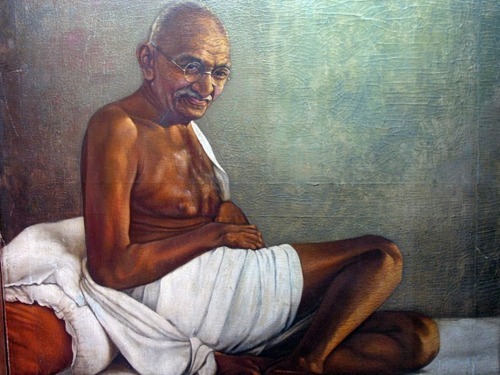WHEN GENDER ISN’T GENDER BUT A WORLD VISION
An article in the September “Vogue Magazine” covers the contributions women made in the Libyan uprising. In fact, if journalist Janine de Giovanni is correct, the rebellion was actually begun by women. They organized the hospital where the wounded were treated. Women managed communication systems that allowed messages to be disseminated after Quaddafi cut off the power. Who created and managed the food assistance program during the uprising? Women. Yet when the time came for setting up an interim governing body, only one woman gained a council seat. Two women were given small organizational roles. When di Giovanni asked Hala al-Atarash, a law professor and one of the women leaders, why she and other revolutionaries were cold-shouldered out of leadership positions she explained:
“The solution is not education. We have education. We lack ownership.” (“Vogue” 9/2011)
Somehow I doubt the truth of that assertion. Women in the United States hold the bulk of the wealth yet play only a slightly greater role in governance than Libyan women. If anything, American women have lost numbers in the House and Senate. Corporate management reflects only a small fraction of a population that is 49% female.
If neither money nor education improves a woman’s rise to positions of leadership, what does? That one is hard. My guess is women view leadership differently and are inclined to exercise it in ways that are not respected in a patriarchal society.
The few women who have risen to power have taken men as role models. Golda Meir presided over the Yom Kippur War; Indira Gandhi led India’s troops against Pakistan in the 1971 war; Margaret Thatcher raised arms against Argentina over the Falkland/Malvinas Islands.
Like their male counterparts these women equated aggression with strength. I do not fault them for they are students of the world in which they live. I can honor their success yet despair in their achievement.

(stockpicturesforeveryone.blogspot.com)
Neither education nor money nor political power changes the world if only a few like Gandhi, King, Buddha, and Christ show the will and courage to express the feminine view.